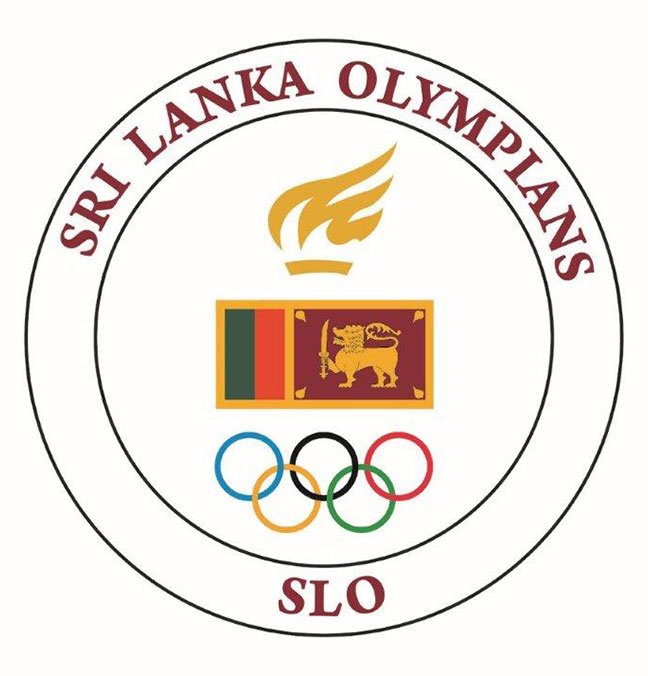About the Games
The 1988 Summer Olympics, officially known as the Games of the XXIV Olympiad (Korean: 서울 하계 올림픽; –夏季—; Seoul Hagye Ollimpik; [sʌ.ul ha.ɡje ol.lim.pʰik̚]), were an international multi-sport event celebrated from 17 September to 2 October 1988 in Seoul, South Korea. They were the second summer Olympic Games to be held in Asia and the first since the 1964 Summer Olympics held in Tokyo, Japan. Seoul is the largest city to host the Summer Olympics, a title soon to be turned over to Tokyo in 2020.
In the Seoul Games, 159 nations were represented by a total of 8,391 athletes: 6,197 men and 2,194 women. 263 events were held and 27,221 volunteers helped to prepare the Olympics. 11,331 media (4,978 written press and 6,353 broadcasters) showed the Games all over the world.
These were the last Olympic Games for two of the world’s “dominating” sport powers, the Soviet Union and East Germany, as both ceased to exist before the next Olympic Games.
The games were boycotted by North Korea and its ally, Cuba. Ethiopia, Albania and the Seychelles did not respond to the invitations sent by the IOC. Nicaragua did not participate due to athletic and financial considerations. The participation of Madagascar had been expected, and their team was expected at the opening ceremony of 160 nations. However, the country withdrew because of financial reasons. Nonetheless, the much larger boycotts seen in the previous three Summer Olympics (1976, 1980 and 1984) were avoided, resulting in the largest ever number of participating nations during the Cold War era.





